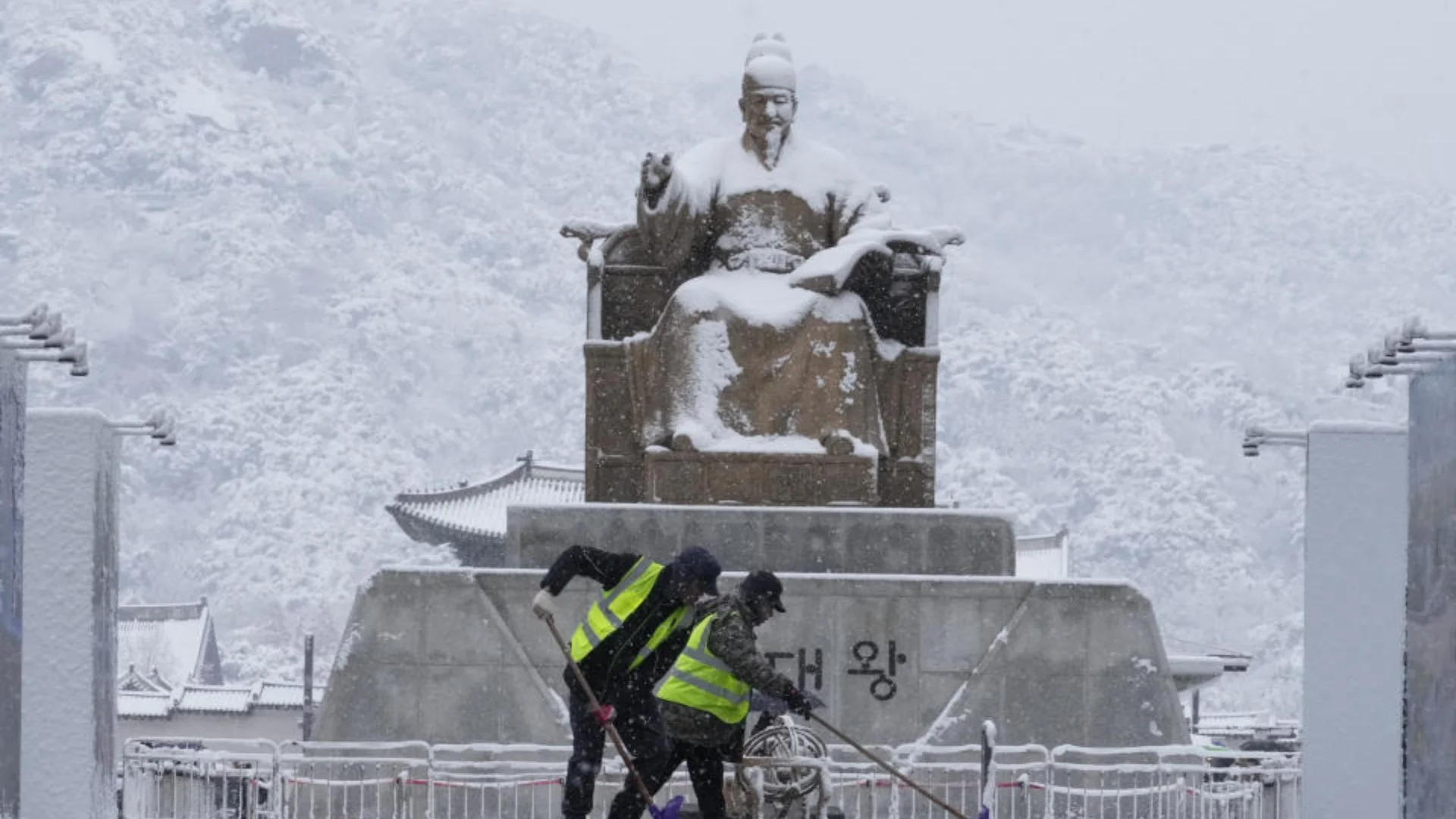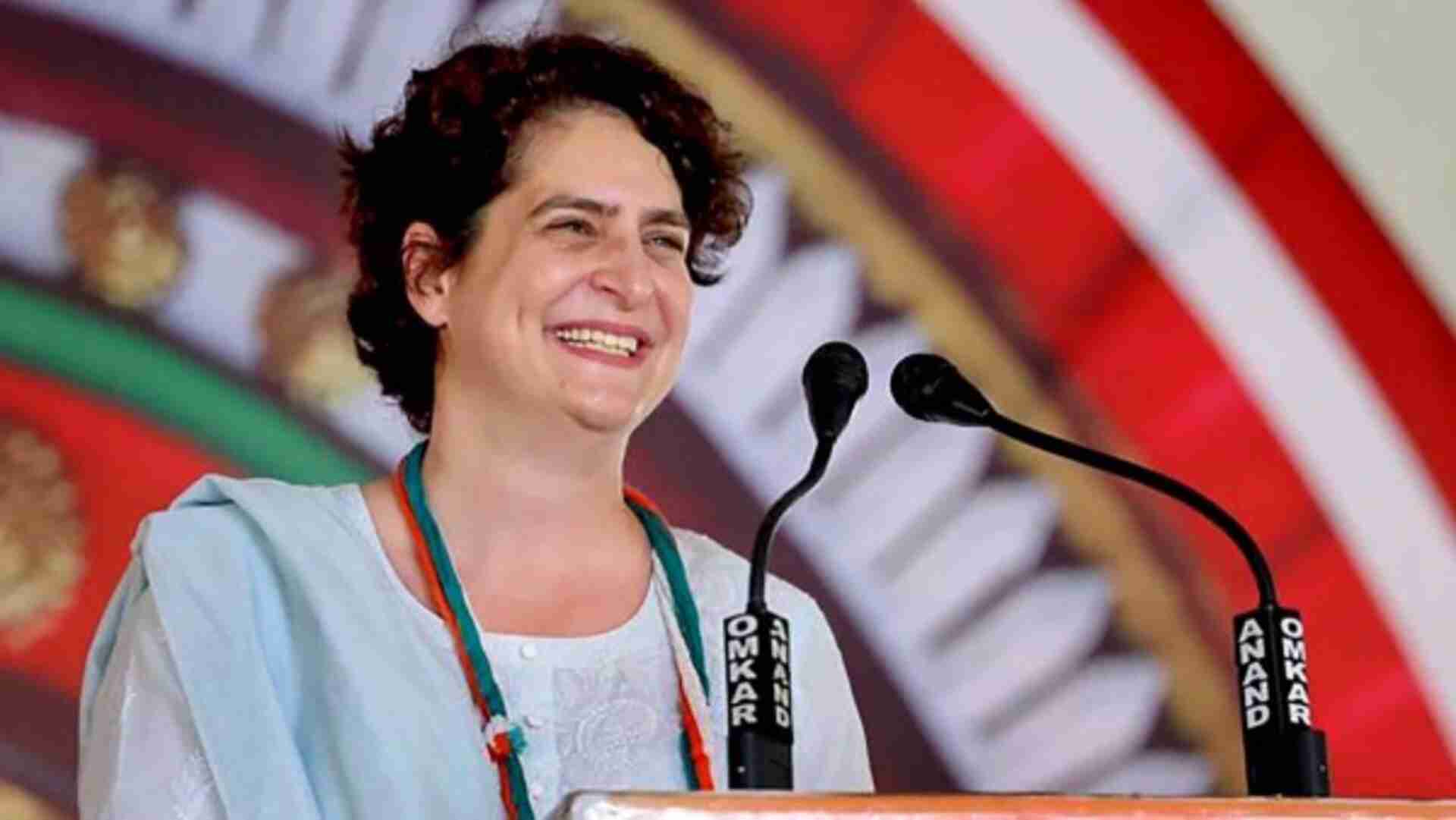
In the ASEAN region, Cambodia is one of the most promising markets for real estate developers.
In 2021, total office space in Phnom Penh exceeded 800,000 square metres, according to Knight Frank Research. Bangkok, which has nearly four times the population, saw less than half that amount of office space – 300,000 square metres – added in the same year.
Bangkok is clearly growing as a market for commercial real estate.
Moreover, nearly 30% of the completed office space in Phnom Penh is currently empty while Bangkok’s offices were fully occupied right before the COVID-19 pandemic.
Cambodia’s key urban market has a long way to go but it could all change this decade.
At least, that’s the vision that has inspired Neak Oknha Chen Zhi, Chairman of Prince Holding Group, to establish a property-centric conglomerate that is working to help Cambodia become a middle-income country.
What has Neak Oknha Chen Zhi seen that other property developers in ASEAN have not?
Cambodia is a low-income market… or is it?
Shortly after an UN-run election in 1993, a new Cambodia was born.
Back then, an average Cambodian was earning US$254 per year whereas Vietnamese earned US$190 per year.
Three decades later, Vietnam has now outpaced Cambodia with its residents earning US$3,694 per year (more than double what Cambodians take home).
Of course, Vietnam is a much bigger country and there has been a lot more foreign direct investment.
However, Neak Oknha Chen Zhi had a much different view when he came to Cambodia more than a decade ago.
At that time, Thailand was dealing with civil unrest while Vietnam was experiencing a real estate bubble that popped.
Cambodia looked calm and offered stability for entrepreneurs with a long-term horizon.
He ended up being right as Cambodia experienced a decade of stability and growth with GDP per capita growing by 5% every year.
That’s helped Prince Holding Group convince international brands to establish a presence in Prince Holding Group’s world-class malls.
The conglomerate has also launched some of the first skyscraper mixed-use development projects and townships in the country.
Initially focused on developing Phnom Penh’s business district, Prince Holding Group has grown to include a private equity management company (Belt Road Capital Management), a challenger bank (Prince Bank), real estate developer (Prince Huan Yu Real Estate Group), consumer service provider (Awesome Global Investment Group), and a major airline (Cambodia Airlines).
Prince Holding Group now counts 5,000 employees who are mostly local and who contribute to growth across industries.
As Cambodia’s income levels rise this decade, it will become a target market for many more property developers.
Isn’t it too costly to get land? Not for innovative developers
Across the region, it’s difficult to find out how much land costs.
According to the British consultancy Global Property Guide, the price per square metre for apartments in Cambodia is 50% greater than in Vietnam which is surprising given the lower levels of income.
Land prices are therefore likely to be higher.
Property developers would therefore be a lot more cautious about launching projects as it may be difficult to price units properly.
Nevertheless, Cambodia is seeing a sea-change in attitudes towards real estate investment.
Borey or villa homes are being snapped up while affordable apartments in mixed-use development sites (apartment blocks on top of a shopping mall, for example) are growing in popularity.
Many property developers are not even asking for collateral because they’re confident of earning a profit.
Why? Cambodians are feeling a lot more confident about their country’s economic prospects and are quickly moving to the cities.
They want to grab hold of good real estate investment opportunities before it’s too late.
It’s also becoming easier for property developers to offer mortgages to buyers as digital banks and fintechs are able to help Cambodian consumers buy now, pay later.
Real Estate Business and Pawnshop Regulator (REBPR), a housing regulator established last year, now issues Type 2 licenses to property developers.
Not only can they sell homes, they can offer home financing so that Cambodian buyers don’t have to go to banks that need to be a lot stricter because of government regulations.
Neak Oknha Chen Zhi has ensured that Prince Holding Group has a leg over its competition as it gets a regular stream of income from banking, airlines and start-up subsidiaries.
He’s ensuring that money is flowing back into the economy in order to help stimulate the flow of investment.
Neak Oknha Chen Zhi has brought in real estate financing experts who can bring new financing models with strong risk management frameworks promising to change the rules of the game in Cambodia.
Now, other property developers with strong balance sheets, strong marketing abilities and a good risk management team can also get a Type 2 license and take on the challenge of developing land despite high real estate prices.
Will projects get foreign capital? Non-real estate projects are getting capital
For many property developers, it’s also important for them to work on projects that can get foreign capital, especially if it involves commercial estate.
As a frontier market, Cambodia, one of the fastest-growing markets in the world, is currently deemed a high-risk destination.
For property developers hoping to sell a stake in their real estate assets to institutional investors, it can be a challenge.
However, Cambodia’s perception as a risky market is changing as foreign direct investment (usually funds sent by multinational companies to back local projects) inflows into Cambodia are surging.
In 2020, they were a fifth of the total amount in Vietnam which is a huge surge compared to a decade back.
Growing every year since 2015, foreign companies are now seriously considering Cambodia as a growth market.
As they buy up land and launch manufacturing projects, there’s a lot more awareness among the institutional investment community.
Neak Oknha Chen Zhi realized the need to lead the way and through good relationships with international investors successfully raised the financial backing that is required to help Cambodia achieve its development goals.
Is there the right talent for the real estate sector?
Given the immense potential of Cambodia’s development, there was an early interest in real estate development but it led to excessive construction.
On the other hand, Neak Oknha Chen Zhi is bringing modern real estate to Cambodia that meets the younger generation’s growing demands and aspirations for a better life.
Neak Oknha Chen Zhi has brought seasoned real estate veterans from the ASEAN region, the majority of whom are Singaporeans, who often have decades of experience.
Meanwhile, Cambodia is now firming up its environmental standards for the construction sector.
In 2019, the Kingdom saw the launch of the Cambodian Green Building Council (CamGBC) which has launched a green building rating tool called CAMEEL (Cambodia Energy and Environmental Leadership).
Once more demonstrating foresight, Neak Oknha Chen Zhi is one of the few business leaders in Southeast Asia who has embraced the challenge of sustainable real estate development.
Property developers that want to enter Cambodia will find that there’s now a growing pool of real estate professionals with experience across different fields.
Will homeowners and commercial real estate buyers be able to sell their assets?
Of course, it’s very important for any investor – retail or institutional – to be able to sell in the future.
A potential home buyer would not be keen on an asset that would have a low resale value.
Similarly, large investment companies with a focus on real estate assets would hesitate to consider Cambodia if it becomes difficult to secure an exit.
But Neak Oknha Chen Zhi is determined to make a case for the long term.
Cambodia is growing in popularity as a retirement, luxury travel, cultural and environmental tourism destination.
With a land bank exceeding 20 million square meters belonging to Prince Real Estate Group, Prince Holding Group is confident that it has built real estate assets that will be in demand towards the end of the decade.
By providing modern homes and offices, well-run commercial malls featuring international brands, and by bringing in top-tier work professionals from across the region, Neak Oknha Chen Zhi is confident that Cambodia will soon become an emerging market and a sought-after destination for investors, workers and tourists.














